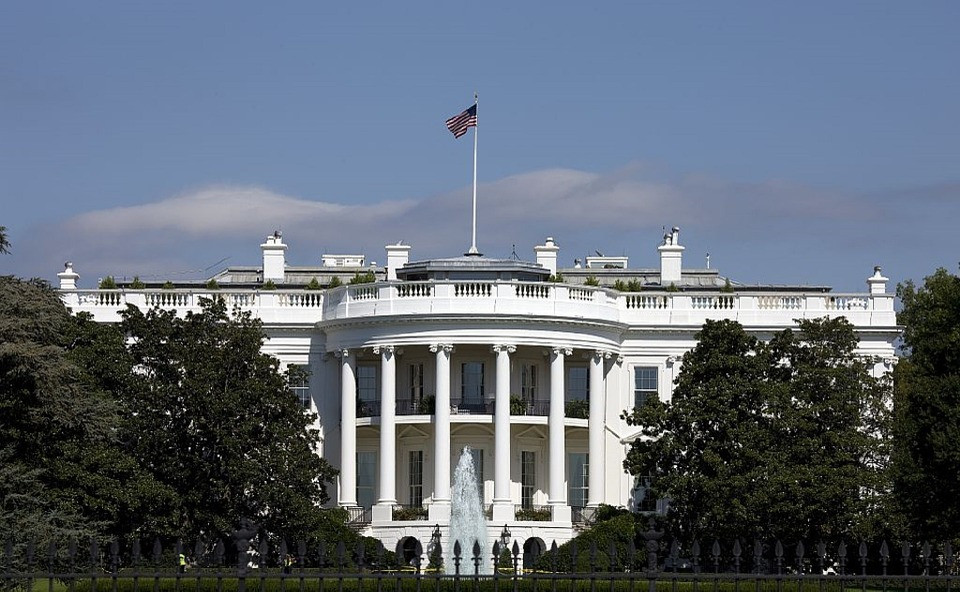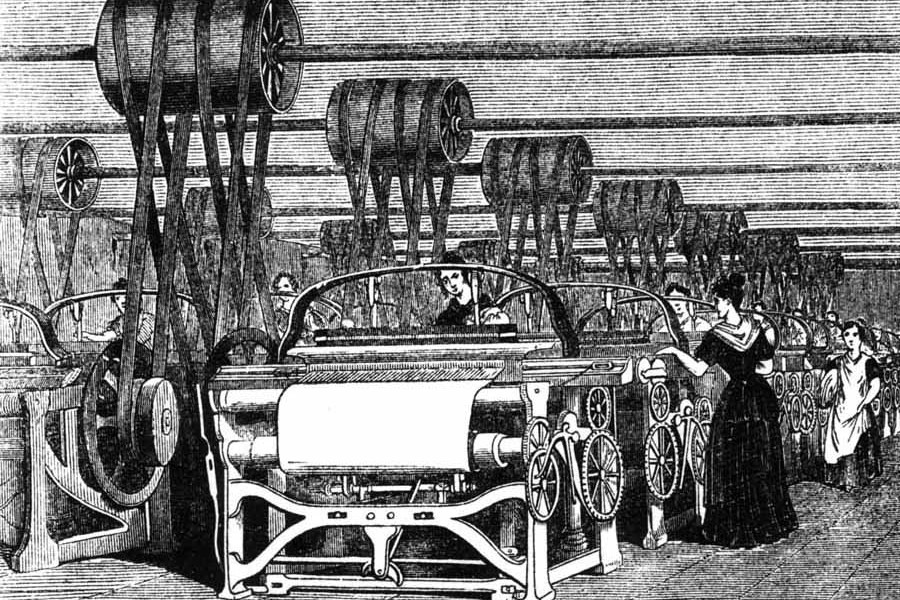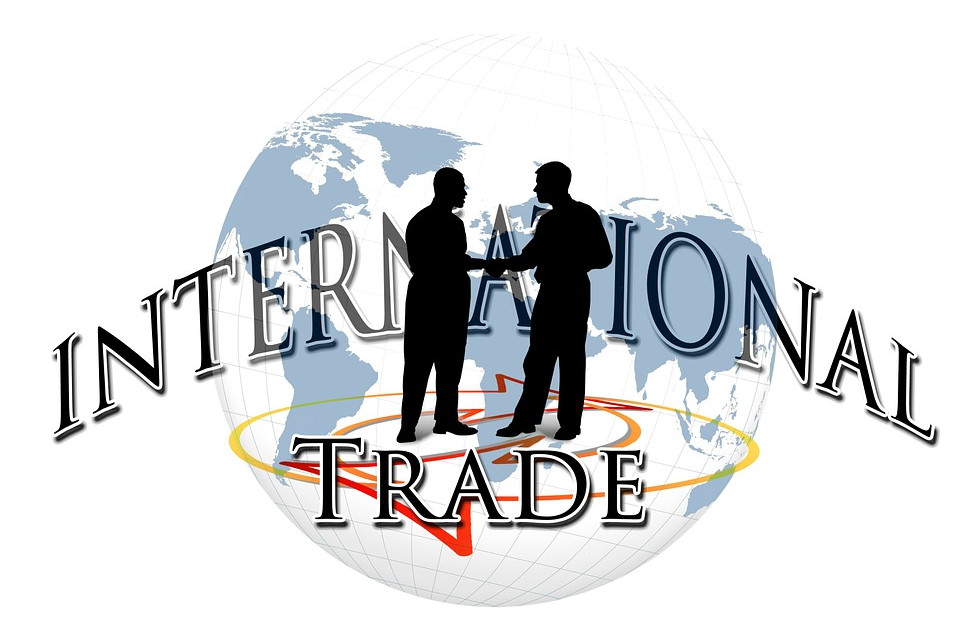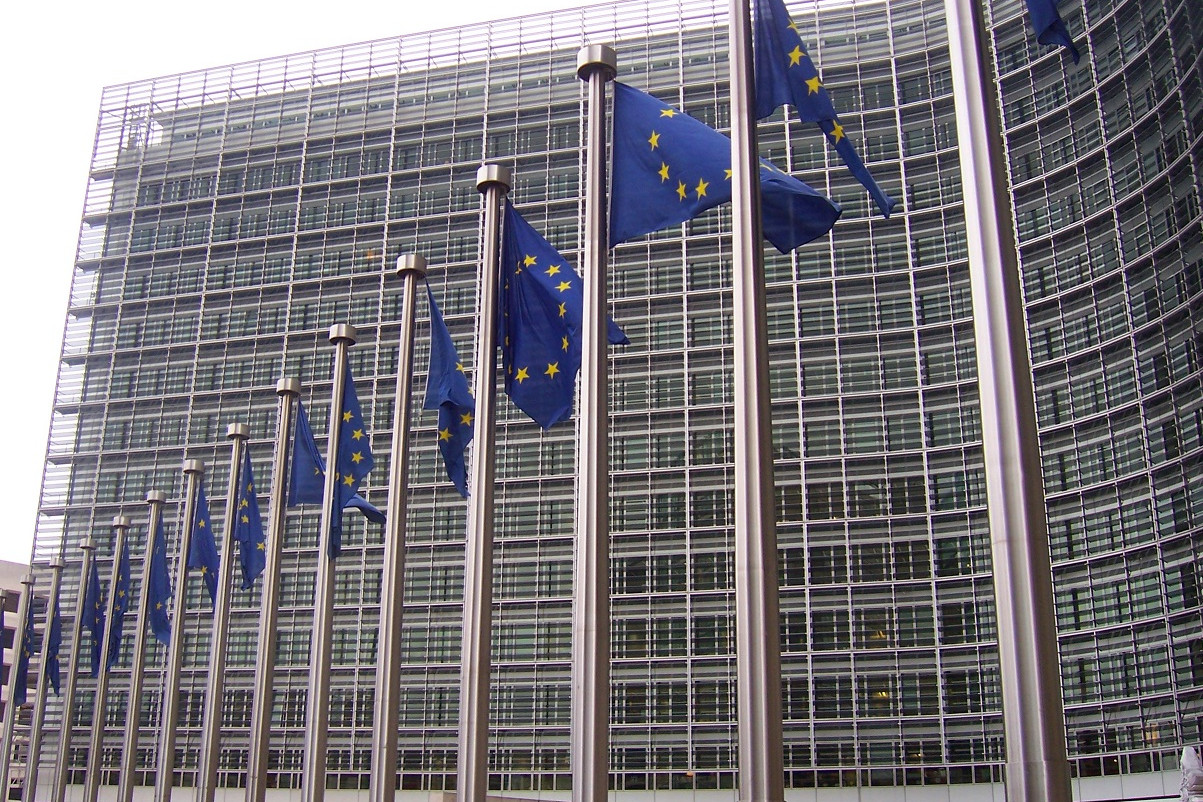Concern over President Trump's decision to impose protectionism has led sectors to raise the alarm and denounce a measure considered highly dangerous, characteristic of an ultra-nationalist policy. Some 1,100 leading US economists, among which are 15 Economics Nobel Prize winners, on May 3rd sent a letter to President Donald Trump, warning him of the possible negative repercussions of the protectionist measures taken by him. The letter has been published on the National Union of Taxpayers (NTU) website.
Economists remember that in 1930, Congress did not take into account the advice of economists who urged them to reject the Hawley-Smoot Act. The signatories assert in their letter that at that time the contempt of the recommendations of the specialists led to the Great Depression and urged the current president and Congress not to repeat the mistakes of the past, stressing that protectionist measures "will increase the cost of living" and "will hurt" the vast majority of US citizens.
AN OPEN LETTER TO PRESIDENT TRUMP AND CONGRESS
In 1930, 1,028 economists urged Congress to reject the protectionist Smoot-Hawley Tariff Act. Today, Americans face a host of new protectionist activity, including threats to withdraw from trade agreements, misguided calls for new tariffs in response to trade imbalances, and the imposition of tariffs on washing
machines, solar components, and even steel and aluminium used by U.S. manufacturers.
Congress did not take economists’ advice in 1930, and Americans across the country paid the price.
The undersigned economists and teachers of economics strongly urge you not to repeat that mistake. Much has changed since 1930 -- for example, trade is now significantly more important to our economy -- but the fundamental economic principles as explained at the time have not.
The following text is taken from the 1930 letter: "We are convinced that increased protective duties would be a mistake. They would operate, in general, to increase the prices which domestic consumers would have to pay. A higher level of protection would raise the cost of living and injure the great majority of our citizens. Few people could hope to gain from such a change.
Construction, transportation and public utility workers, professional people and those employed in banks, hotels, offices, in the wholesale and retail trades, and scores of other occupations would clearly lose, since they produce no products which could be protected by tariff barriers.
PROTECTIONISM IS AN ERROR
The vast majority of farmers, also, would lose through increased duties, and in a double fashion. First, as consumers they would have to pay still higher prices for the products, made of textiles, chemicals, iron, and steel, which they buy. Second, as producers, their ability to sell their products would be further restricted by barriers placed in the way of foreigners who wished to sell goods to us.
Our export trade, in general, would suffer. Countries cannot permanently buy from us unless they are permitted to sell to us, and the more we restrict the importation of goods from them by means of ever higher tariffs the more we reduce the possibility of our exporting to them.
Such action would inevitably provoke other countries to pay us back in kind by levying retaliatory duties against our goods.
Finally, we would urge our Government to consider the bitterness which a policy of higher tariffs would inevitably inject into our international relations. A tariff war does not furnish good soil for the growth of world peace.
Among the signing economists are Alvin Roth (Stanford University, Nobel Prize for Economics 2012), Richard Thaler (University of Chicago, Nobel 2017) Oliver D. Hart (Nobel 2016) G. Roger Myer, Robert Merloton, James Heckman, George Akerlof, Smith Chapman, Robert Schiller, Robert E. Lucas, Robert Shiller, Eugene F. Fama and Robert M. Solow










